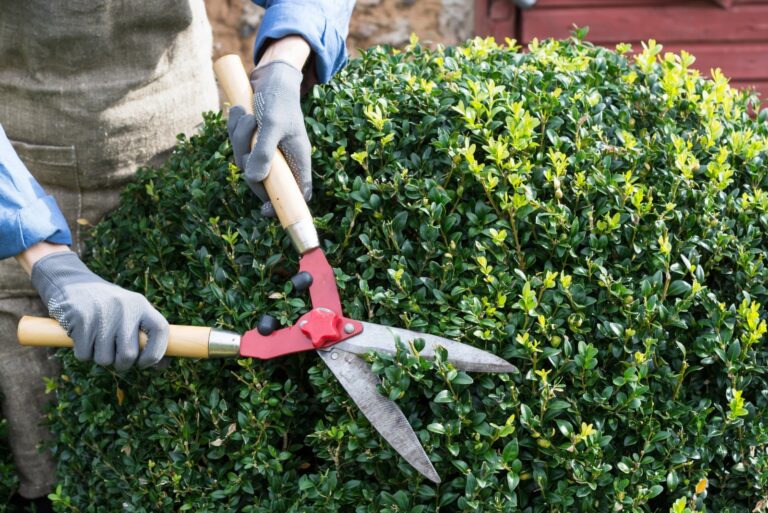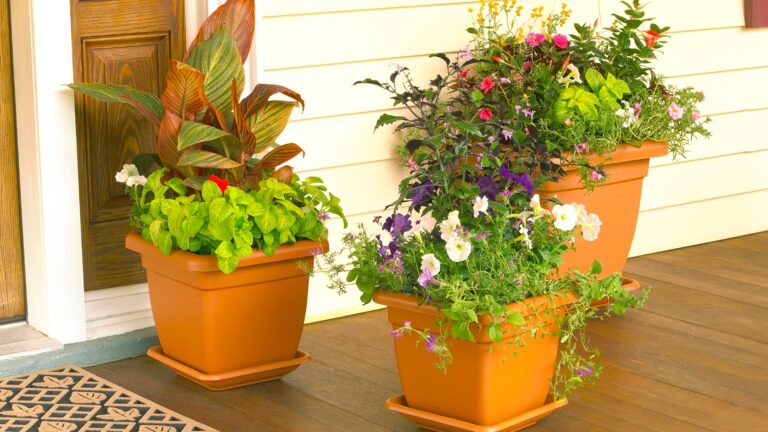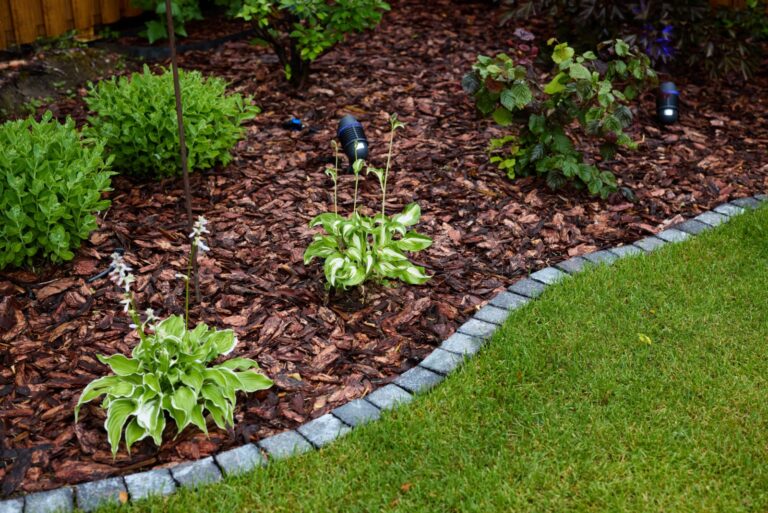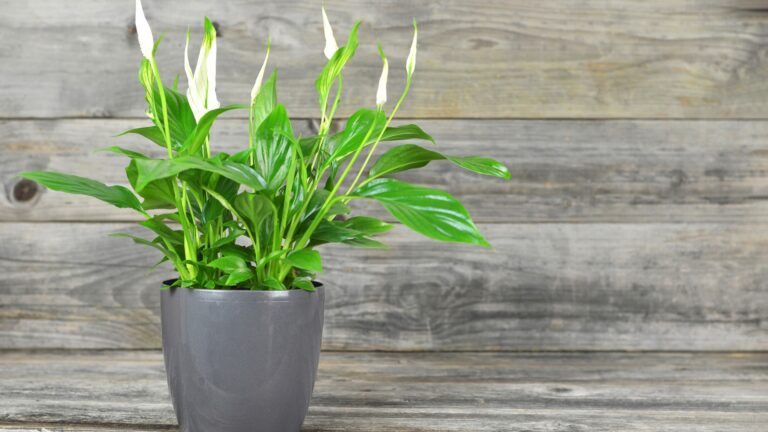Pest Control Plants That Are Easy-To-Grow And Keep Garden Bugs Away Naturally
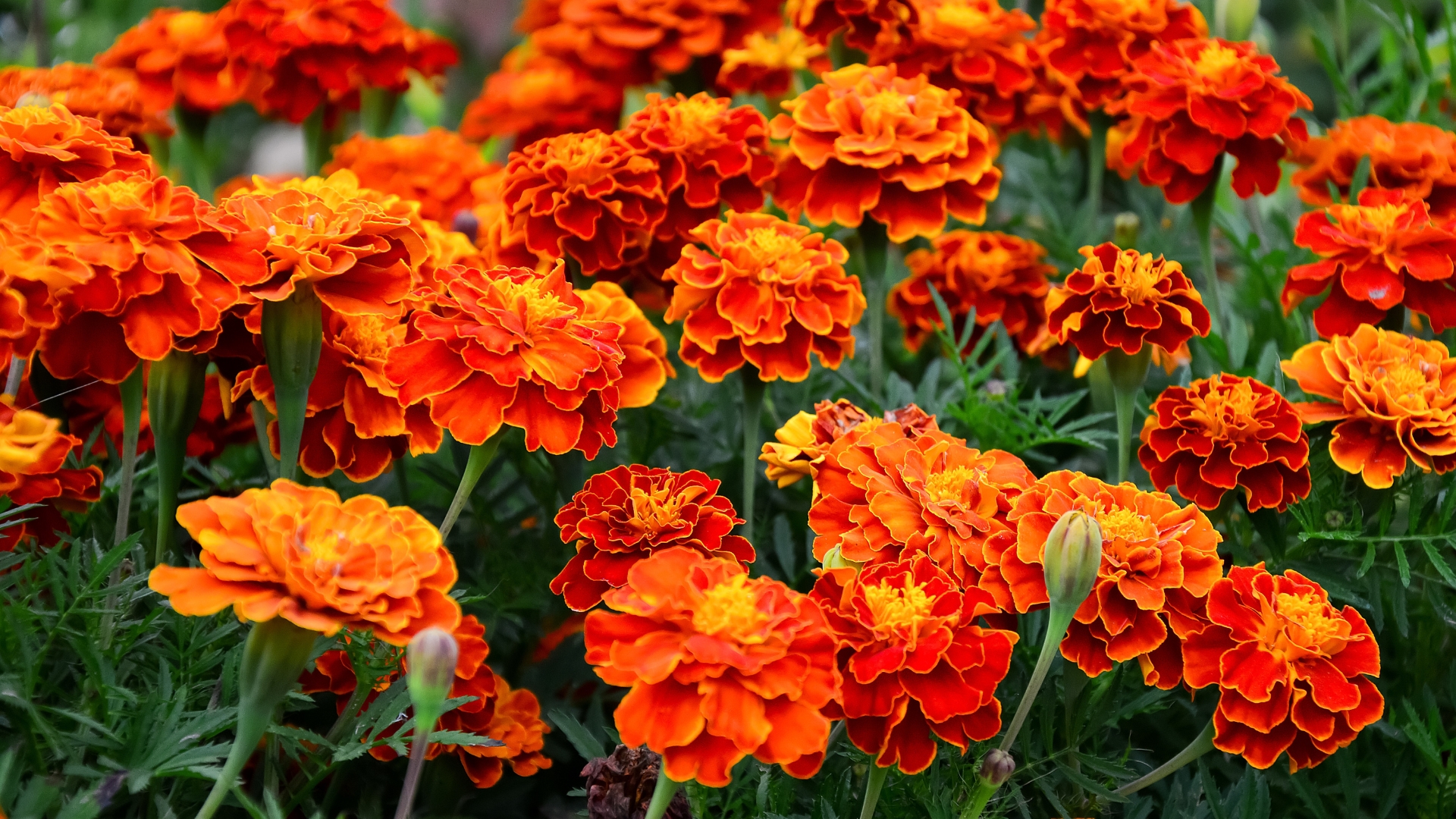
Some plants are more than just pretty faces—they’re secret weapons against garden pests! I’ve planted a few of these around my veggies, and let me tell you, it’s made a huge difference.
No more harsh sprays or weird traps, just greenery doing the dirty work. These easy growers basically say, “Not today, bugs.” If you’re into low-effort wins in the garden, you’ll love what these plants can do.
1. Lavender
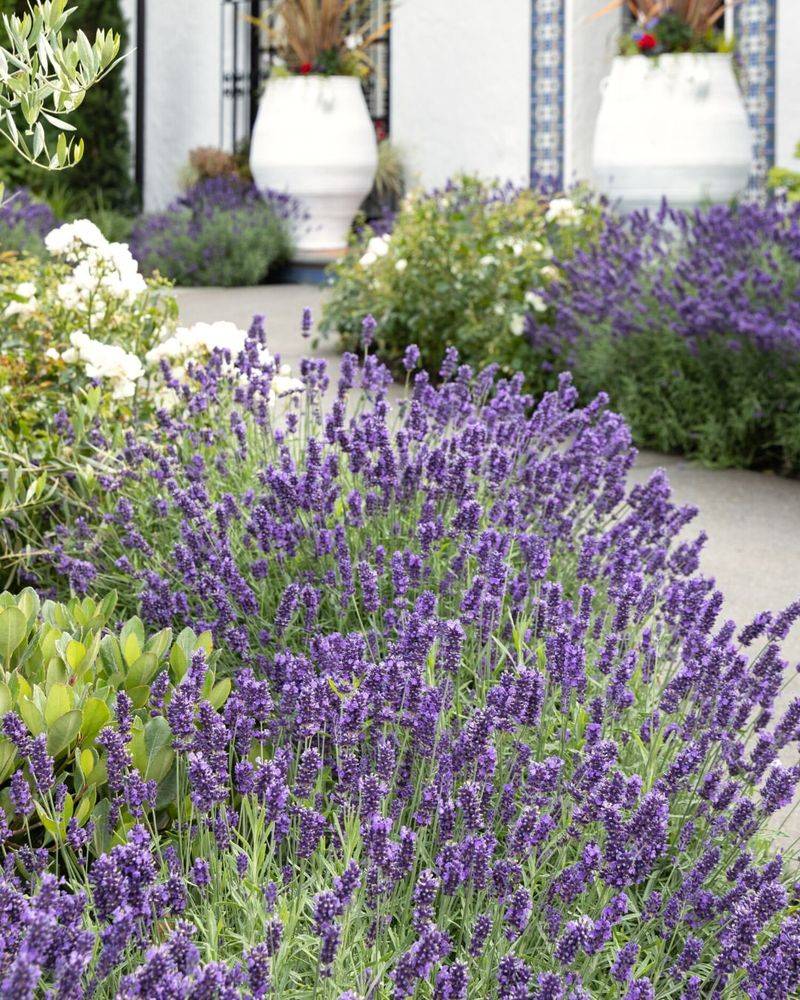
The sweet fragrance we love is actually a natural repellent for moths, fleas, mosquitoes, and many flying insects. Lavender thrives in sunny spots with well-drained soil and requires minimal watering once established.
Plant it near seating areas to enjoy both its beauty and bug-repelling benefits. Bonus: you can harvest the flowers for sachets and homemade products while keeping your garden protected from unwanted visitors.
2. Marigolds
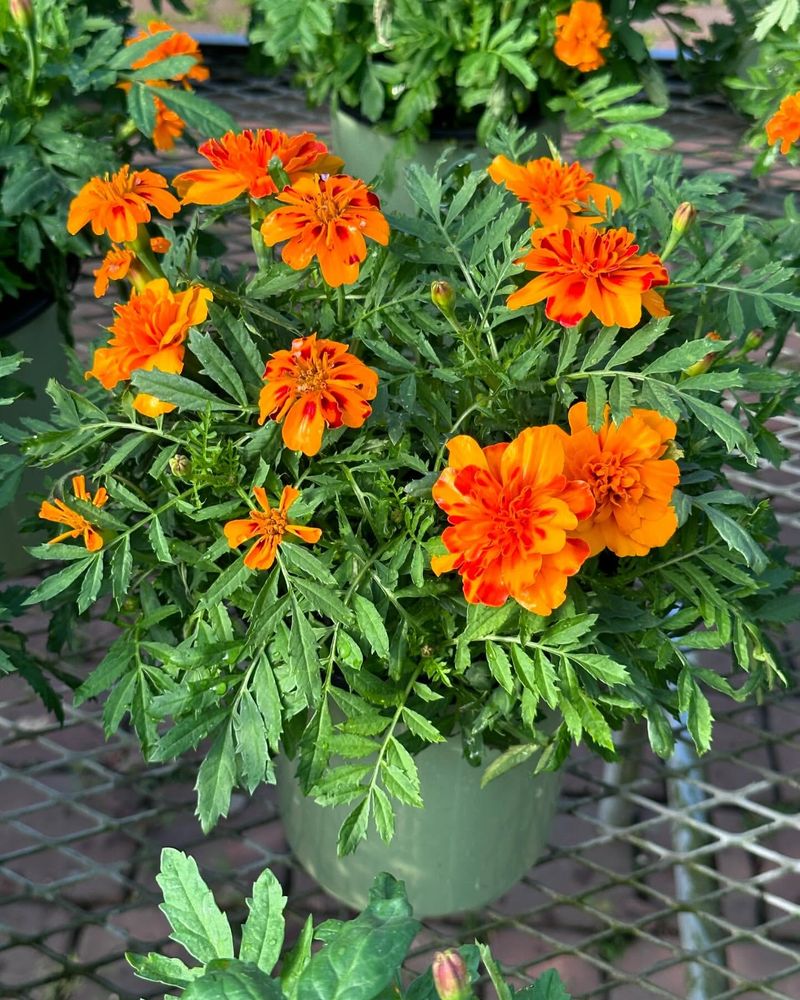
These bright orange and yellow flowers aren’t just pretty faces in your garden. Marigolds contain a compound called alpha-terthienyl that repels nematodes, whiteflies, and even rabbits from your vegetable beds.
Scatter them throughout your garden as colorful guardians. They grow quickly from seeds and bloom abundantly all summer long with minimal care, making them perfect for beginner gardeners looking for natural pest control.
3. Basil
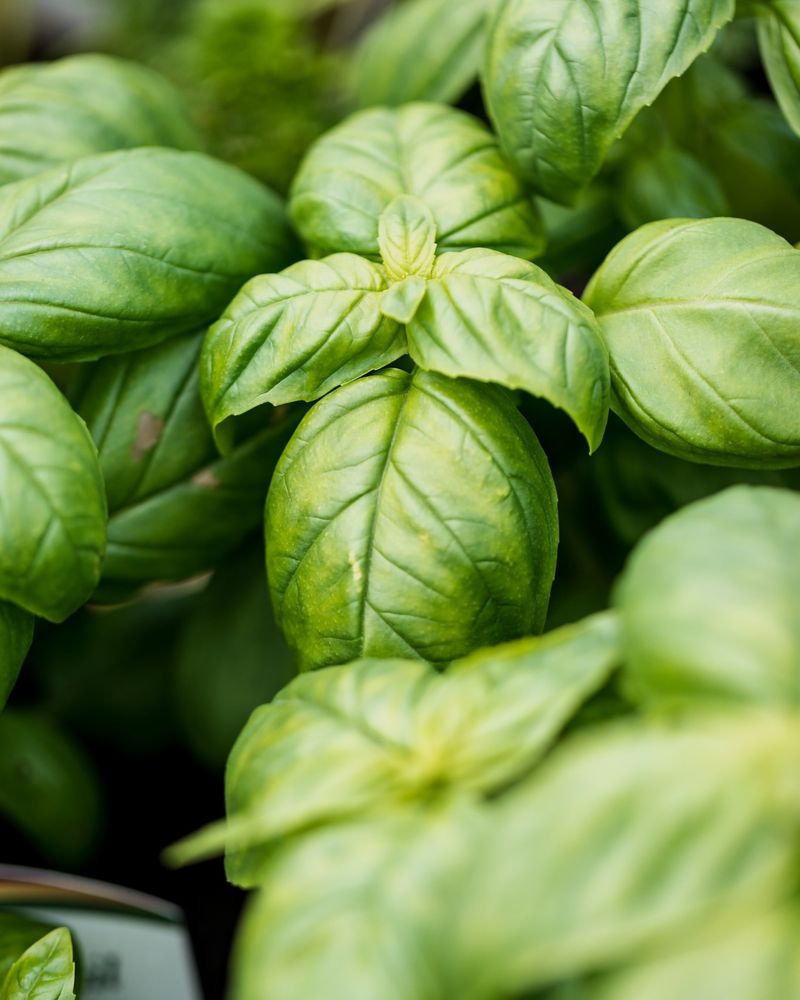
Fresh basil isn’t just for your pasta sauce! This aromatic herb naturally deters flies, mosquitoes, and asparagus beetles with its strong scent. Growing basil near tomatoes improves their flavor while protecting them from pests.
Keep a pot on your patio or plant it throughout your garden. Regular harvesting encourages bushier growth, giving you both a culinary treat and better pest protection throughout the growing season.
4. Mint
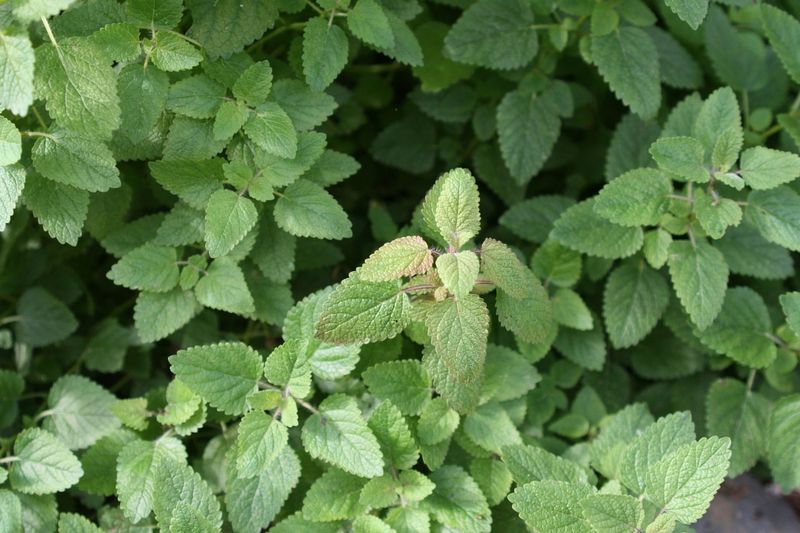
Got ant problems? Mint’s strong scent confuses these tiny invaders and keeps them from marching through your garden. It also repels mosquitoes, cabbage moths, and even rodents that might nibble on your plants.
Grow mint in containers rather than directly in garden beds. This enthusiastic spreader can quickly take over if not contained, but that same vigorous growth makes it incredibly easy to maintain and harvest for both pest control and refreshing summer drinks.
5. Rosemary
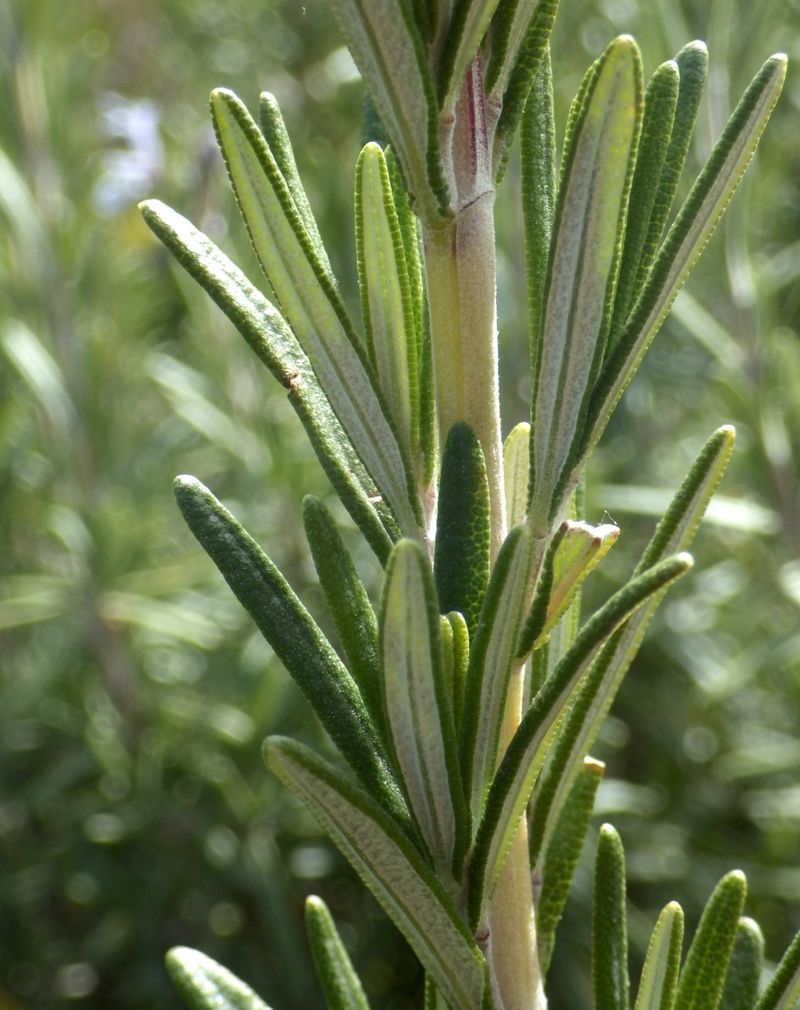
This Mediterranean herb does double duty in your garden, adding flavor to dishes while driving away cabbage moths, carrot flies, and bean beetles. Its woody scent masks the smell of nearby plants that pests typically target.
Plant rosemary in the sunniest spot of your garden with well-drained soil. Once established, it’s drought-tolerant and requires little maintenance, providing years of protection and culinary benefits from a single plant.
6. Chrysanthemums
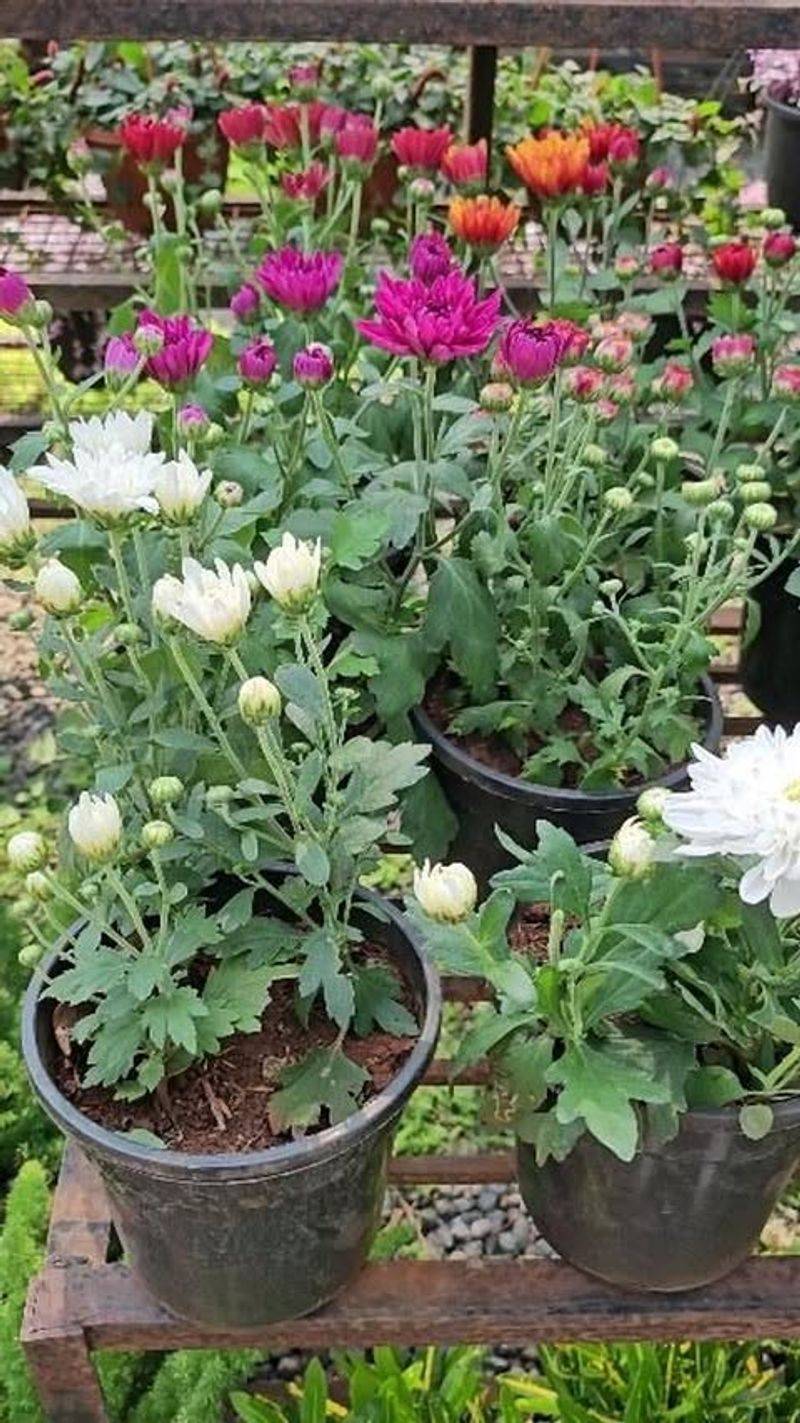
These beautiful flowers pack a powerful punch against garden pests! Chrysanthemums contain pyrethrum, a compound so effective at killing insects it’s extracted for commercial insecticides. They target roaches, ticks, silverfish, and many garden pests.
Plant mums around the perimeter of your garden for maximum protection. Their colorful blooms brighten your landscape while working hard to keep destructive bugs away from your precious plants – a perfect combination of beauty and function.
7. Nasturtiums
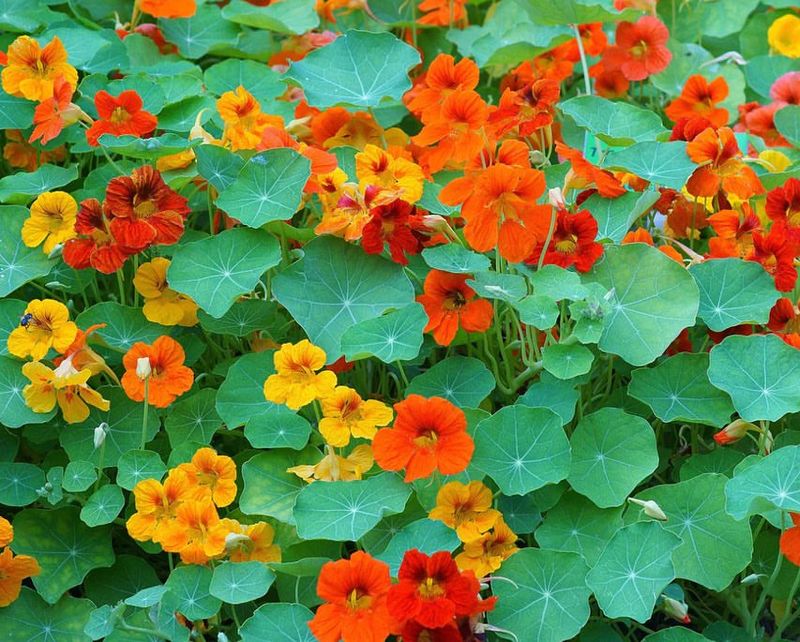
These cheerful flowers serve as a sacrificial trap crop in your garden. Aphids are strongly attracted to nasturtiums, preferring them over your vegetables and drawing pests away from your valuable crops.
Scatter nasturtium seeds around your garden’s edges or between vegetable rows. Their vibrant orange, yellow and red blooms add beauty while their peppery leaves and flowers are edible additions to salads – protection and food from one easy-growing plant!
8. Petunias
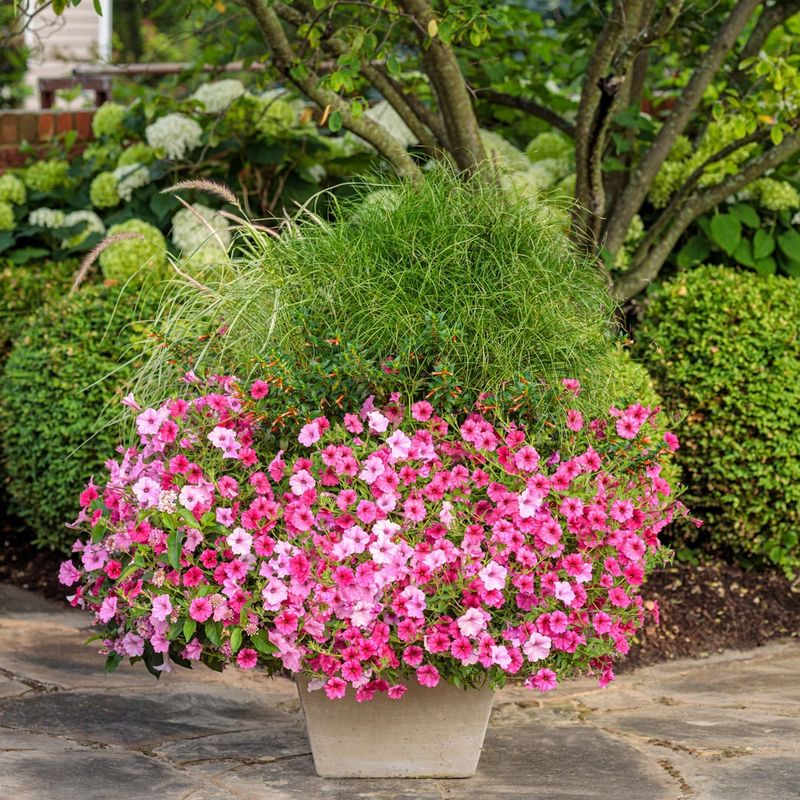
Don’t let their delicate appearance fool you! Petunias are secretly working as pest control agents, repelling aphids, tomato hornworms, asparagus beetles, and leafhoppers with their subtle fragrance.
Plant these colorful flowers in containers near vegetable gardens or in hanging baskets on your porch. They bloom continuously from spring until frost with minimal care, creating a beautiful protective barrier that works around the clock to keep harmful insects away.
9. Catnip
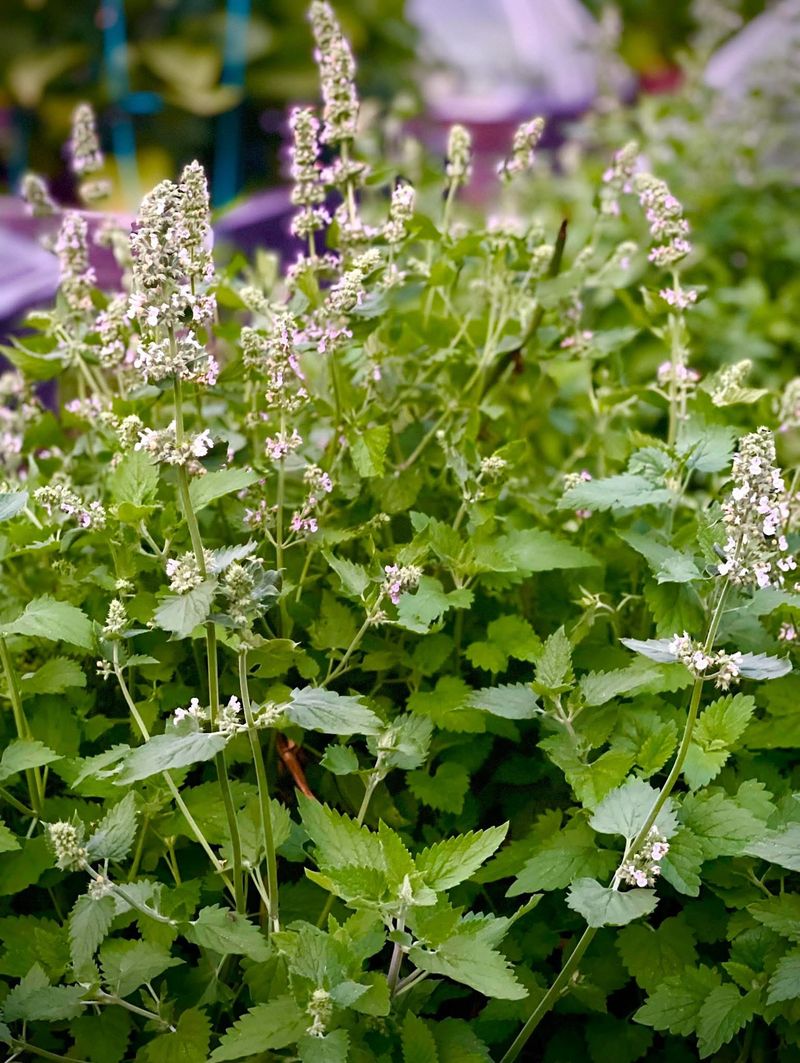
Your feline friends aren’t the only ones affected by catnip! This mint family member contains nepetalactone, which repels mosquitoes, flies, deer ticks, and cockroaches while attracting beneficial pollinators to your garden.
Grow catnip in a sunny location away from other garden plants. It spreads eagerly and can become invasive if not contained, but that aggressive growth makes it incredibly easy to maintain while providing powerful natural pest protection.
10. Chives
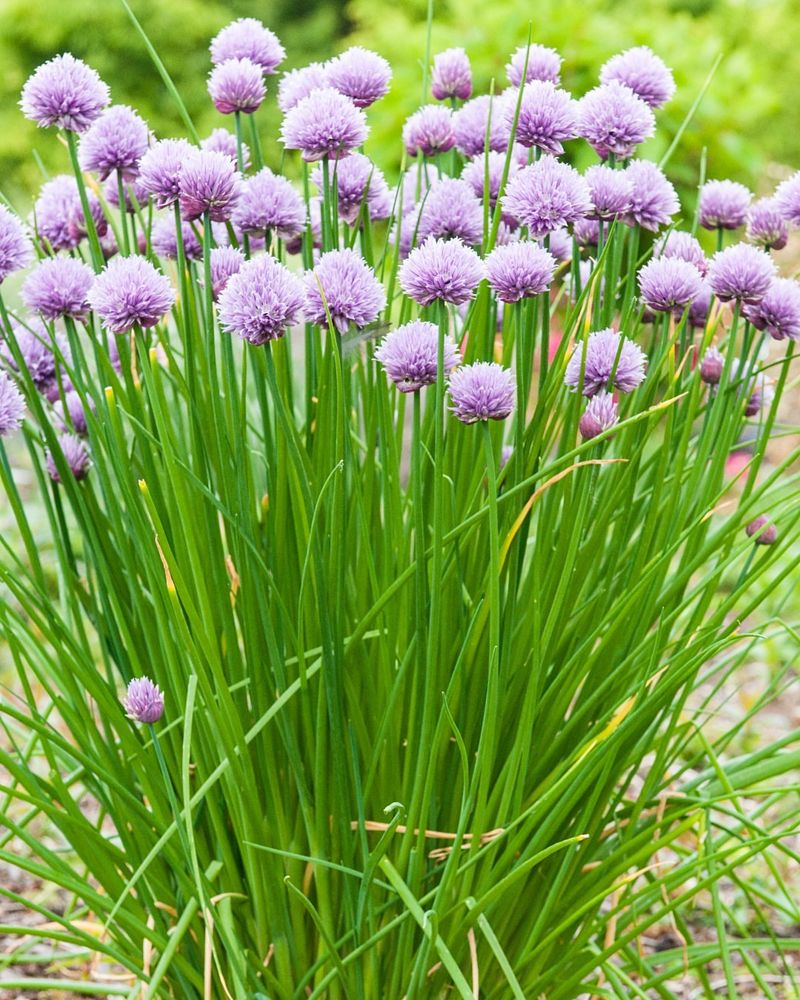
These slender, onion-flavored perennials help deter aphids, Japanese beetles, and carrot rust flies with their sulfur compounds. The pretty purple pom-pom flowers also attract pollinators, creating a healthier garden ecosystem.
Tuck chives around rose bushes or alongside carrots for targeted protection. They return year after year with minimal care, forming attractive clumps that can be divided and spread throughout your garden for expanded pest control coverage.
11. Garlic
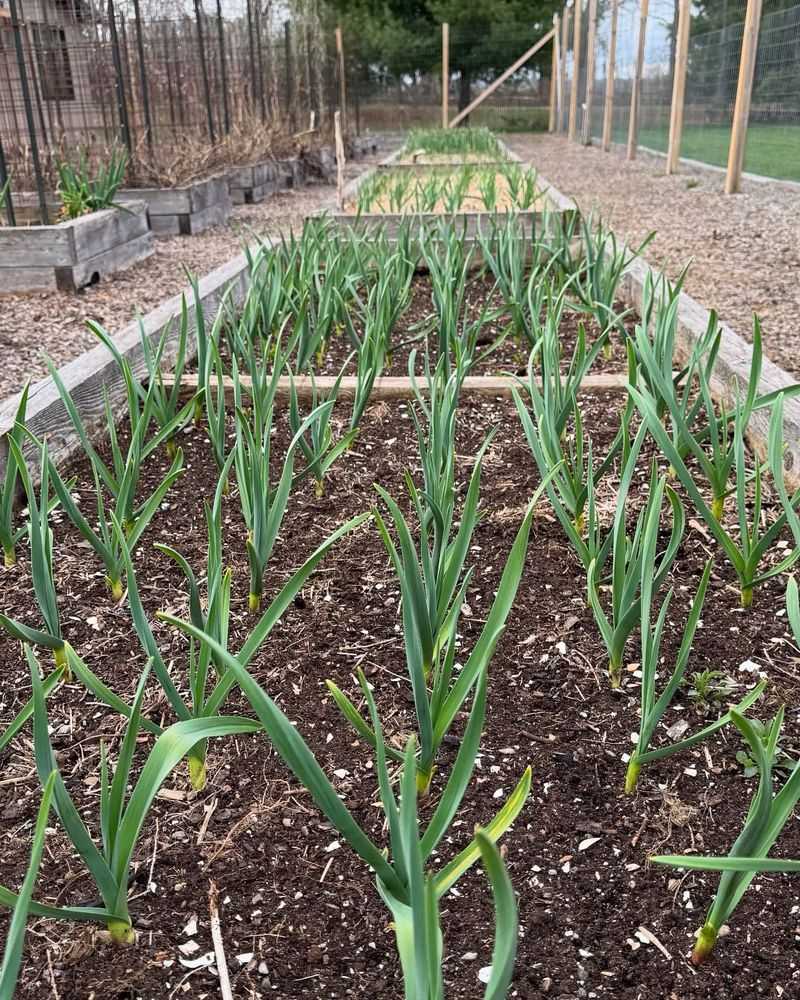
The same compounds that give garlic its distinctive aroma act as powerful insect repellents in your garden. Planted near roses and fruit trees, garlic deters aphids, fruit tree borers, and spider mites through its natural sulfur content.
Plant garlic cloves in fall for early summer harvest. The plants need little attention beyond occasional watering, making them perfect low-maintenance guardians that provide both pest protection and flavorful kitchen harvests.
12. Thyme
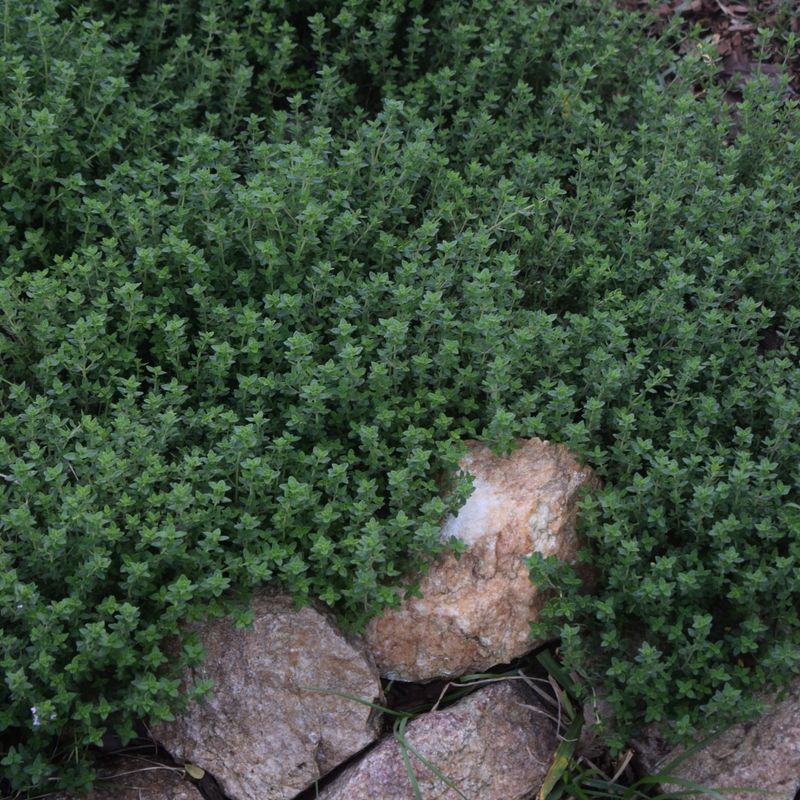
This low-growing herb creates a beautiful groundcover while naturally repelling cabbage worms, corn earworms, whiteflies, and tomato hornworms. Its tiny flowers also attract beneficial insects that prey on garden pests.
Plant thyme between stepping stones or along garden borders where its fragrance is released when brushed against. Once established, it’s drought-tolerant and requires almost no maintenance while providing continuous protection for nearby vegetables and flowers.
13. Dill
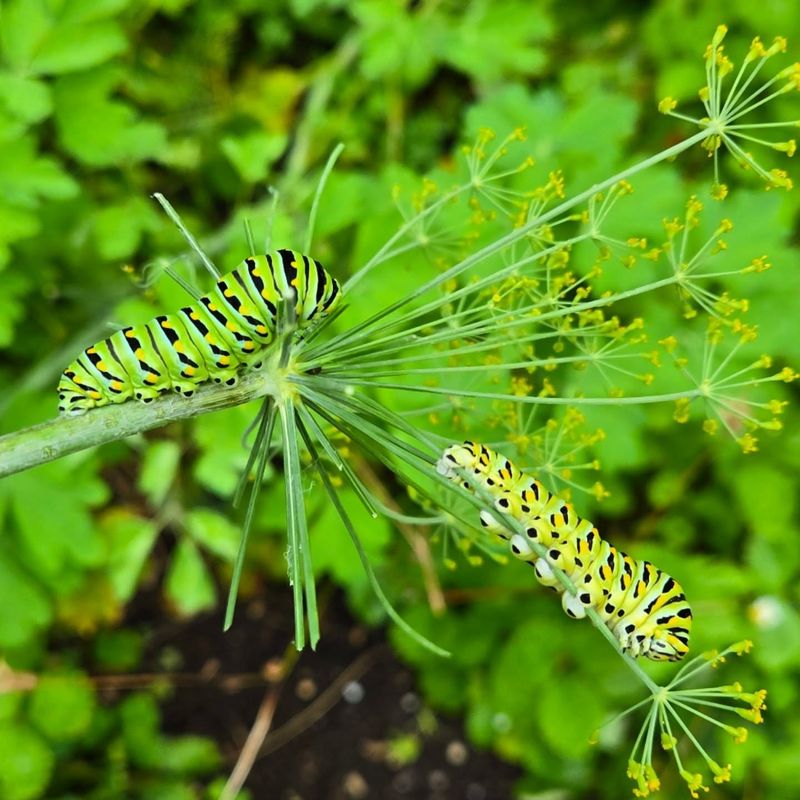
Feathery dill attracts beneficial insects like wasps and hoverflies that prey on destructive garden pests. These helpful predators target aphids, spider mites, and caterpillars that would otherwise damage your vegetables.
Allow dill to self-seed throughout your garden for continuous protection. Its tall, airy structure takes up minimal ground space while providing maximum pest management benefits, plus you’ll have plenty of fresh dill for culinary uses.
14. Cilantro
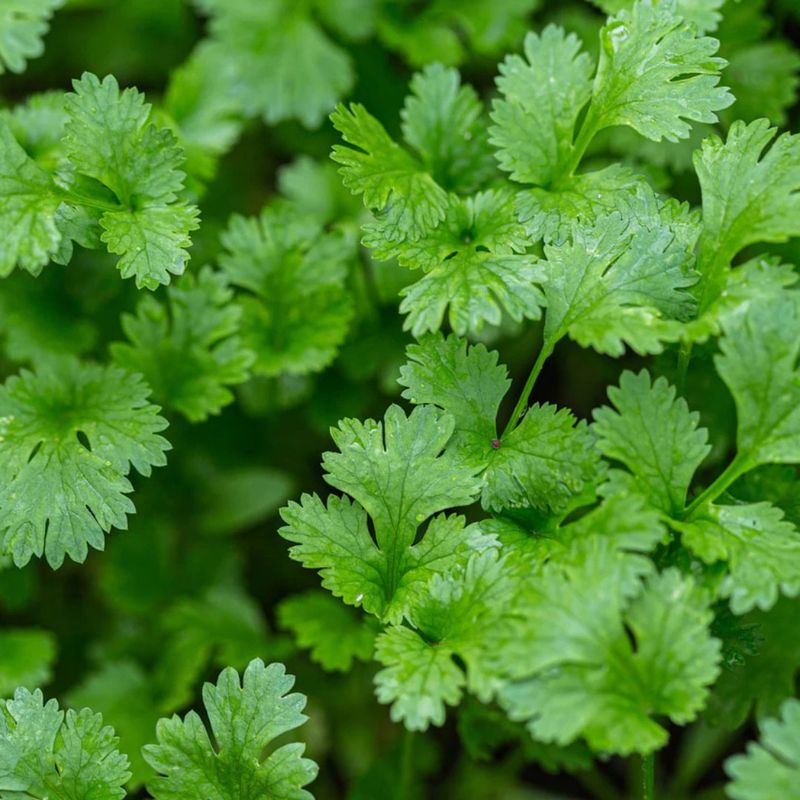
Fast-growing cilantro repels potato beetles, spider mites and aphids with its strong scent. When it flowers, it attracts beneficial insects like lacewings and hoverflies that feed on garden pests.
Plant cilantro seeds every few weeks for continuous growth. This herb bolts quickly in hot weather, but allowing some plants to flower extends its pest control benefits while providing a continuous harvest for your kitchen.
15. Lemon Balm
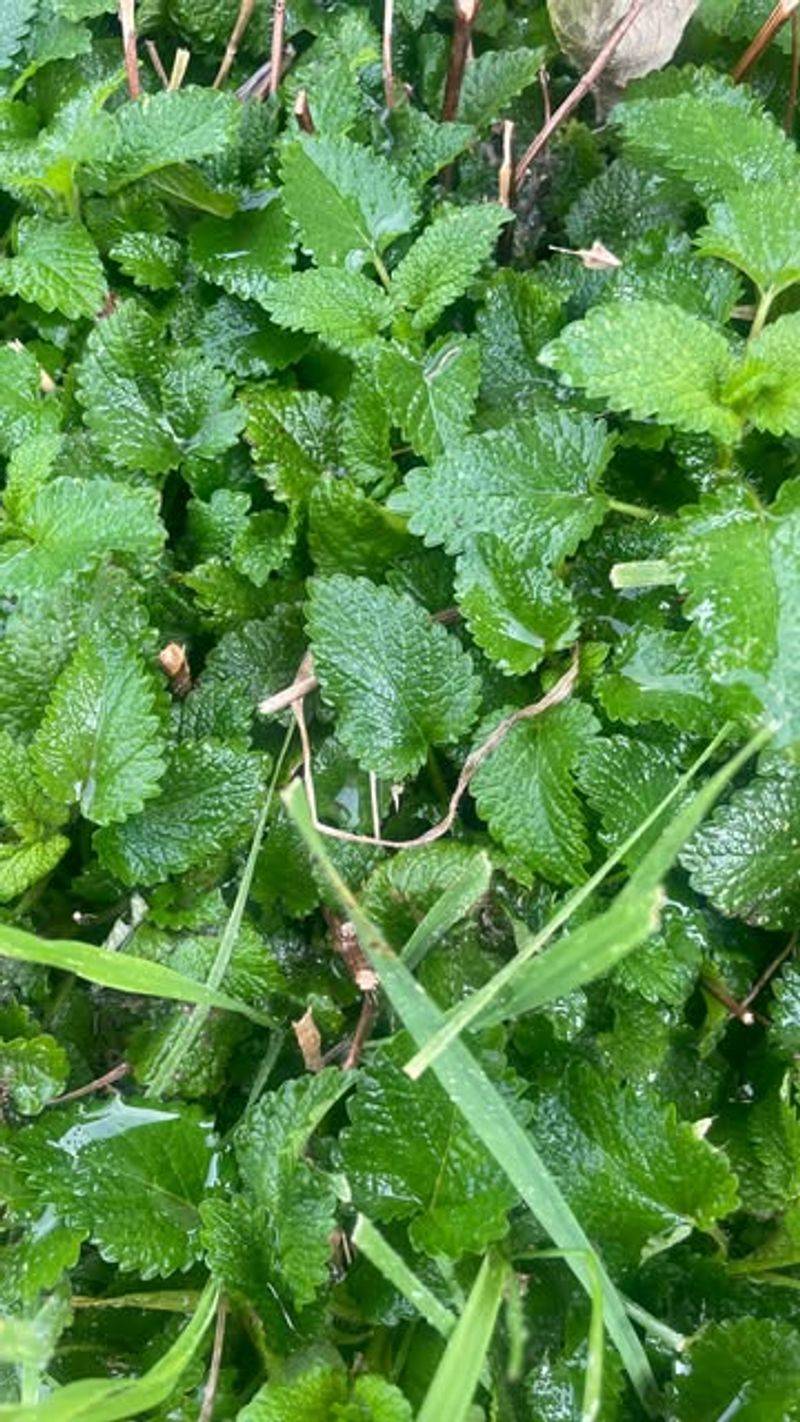
The citrusy scent of lemon balm masks the plant odors that typically attract mosquitoes and other flying pests. Crushed leaves rubbed on skin can even provide temporary mosquito protection during garden work.
Grow lemon balm in containers to control its enthusiastic spreading. This hardy perennial requires little maintenance beyond occasional trimming, providing years of natural pest protection while offering lemony leaves for teas and culinary uses.
16. Sunflowers
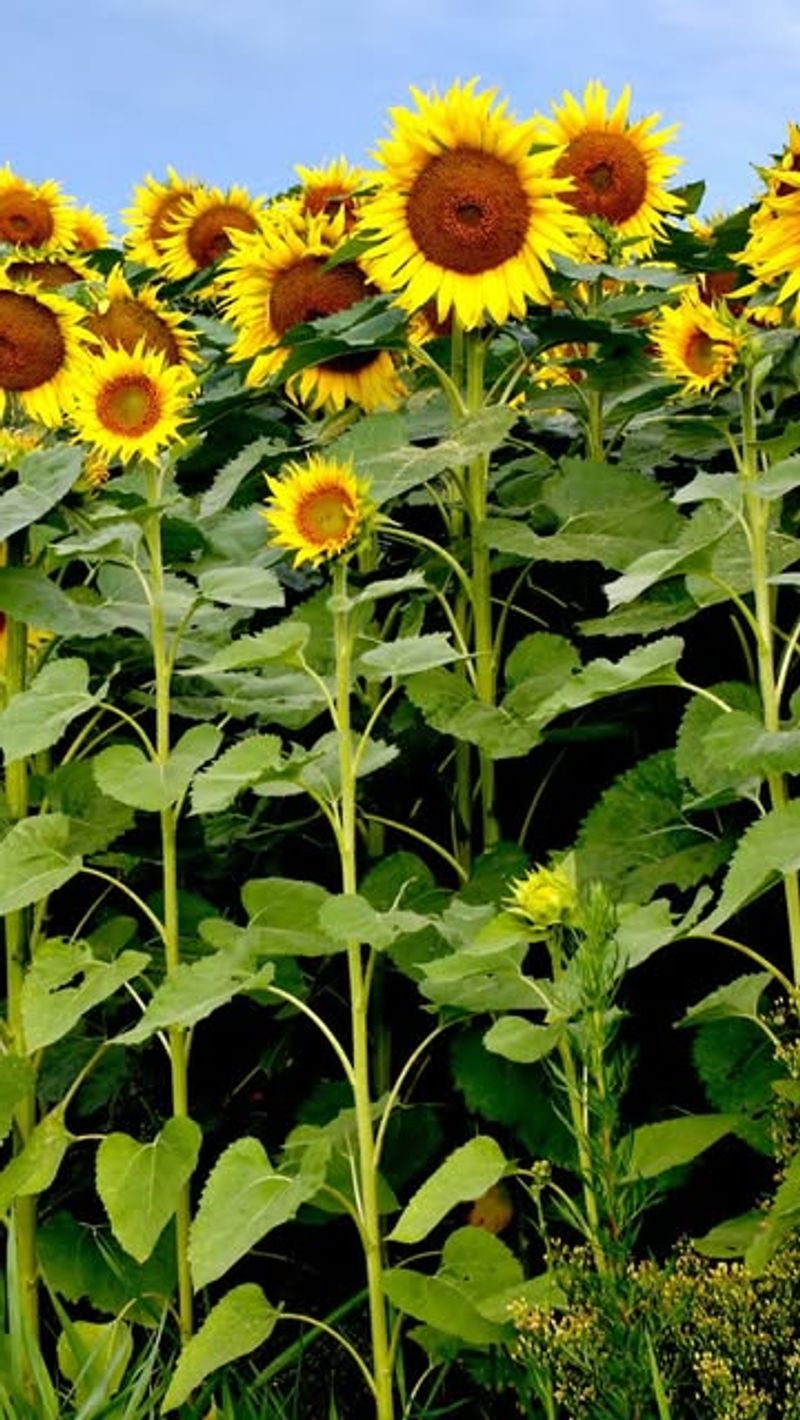
Towering sunflowers attract aphids away from your valuable crops, acting as trap plants in your garden. They also draw beneficial birds that eat pest insects and provide natural pest management services.
Plant sunflowers around garden edges or as backdrop plants. Their deep roots help break up compacted soil, and their seeds feed wildlife through winter, creating a garden that manages pests while supporting the entire ecosystem.
17. Borage
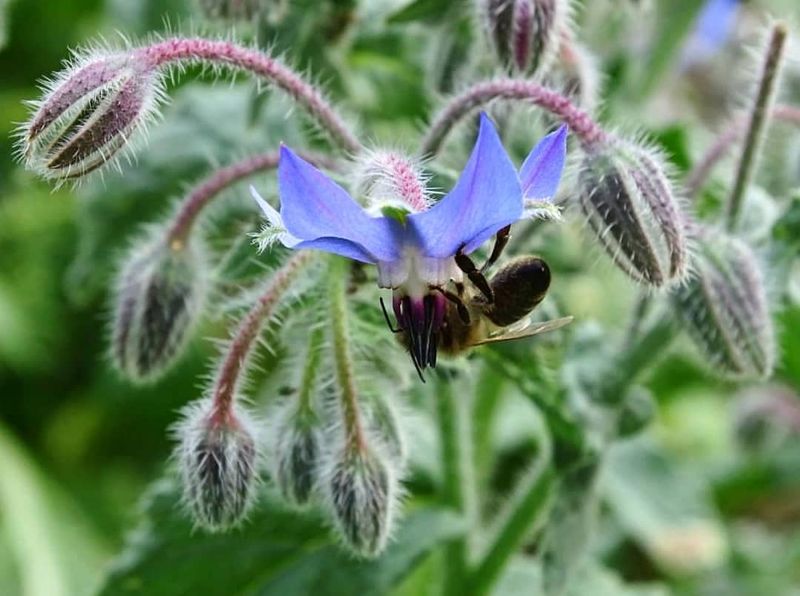
The star-shaped blue flowers of borage attract pollinators while the plant naturally repels tomato hornworms and cabbage worms. It’s a perfect companion for tomatoes, strawberries, and squash plants that often face pest challenges.
Scatter borage throughout your vegetable garden for maximum benefit. This easy-growing annual self-seeds readily, ensuring continuous protection year after year with almost no effort from you beyond the initial planting.

